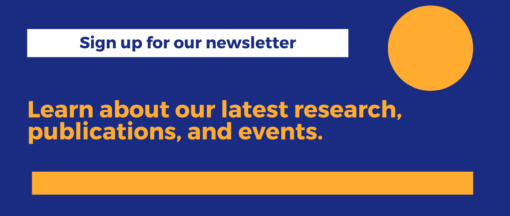Hastings Center News
Hastings Center Releases Medical AI Ethics Tool for Policymakers, Patients, and Providers
As artificial intelligence rapidly transforms healthcare, The Hastings Center for Bioethics has released an interactive tool to help policymakers, patients and providers understand the ways that AI is being used in medicine—from making a diagnosis to evaluating insurance claims—and navigate the ethical questions that emerge along the way.
The new tool, a Patient’s Journey with Medical AI, follows an imaginary patient through five interactions with medical AI. It guides users through critical decision points in diagnostics, treatment, and communication, offering personalized insights into how algorithms might influence their care.
Each decision point in the Patient’s Journey includes a summary of the ethical issues raised and multiple choice questions intended to stimulate thinking and discussion about particular uses of AI in medicine. Policy experts from across the political spectrum were invited to review the tool for accuracy and utility.
The Patient’s Journey is the latest in a set of resources developed through Hastings on the Hill, a project that translates bioethics research for use by policymakers—with an initial focus on medical AI. “This isn’t just about what AI can do — it’s about what it should do,” said Hastings Center President Vardit Ravitsky, who directs Hastings on the Hill. “Patients deserve to understand how technologies affect their health decisions, and policymakers can benefit from expert guidance as they seek to ensure that AI serves the public good.”
The Greenwall Foundation is supporting this initiative. Additional support comes from The Donaghue Foundation and the National Institutes of Health’s Bridge2AI initiative.
In addition to using Hastings on the Hill resources, policymakers, industry leaders, and others who shape medical AI policy and practice are invited to contact The Hastings Center with questions related to ethical issues they are encountering. Hastings Center scholars and fellows can provide expert nonpartisan analysis on urgent bioethics issues, such as algorithmic bias, patient privacy, data governance, and informed consent.
“Ethics should not be an afterthought,” says Ravitsky. “Concerns about biased health algorithms and opaque clinical decision tools have underscored the need for ethical oversight alongside technical innovation.”
“The speed of AI development has outpaced the ethical guardrails we need,” said Erin Williams, President and CEO of EDW Wisdom, LLC — the consultancy working with The Hastings Center. “Our role is to bridge that gap —ensuring that human dignity, equity, and trust are not casualties of technological progress.”
Explore Patient’s Journey with Medical AI. Learn more about Hastings on the Hill.

